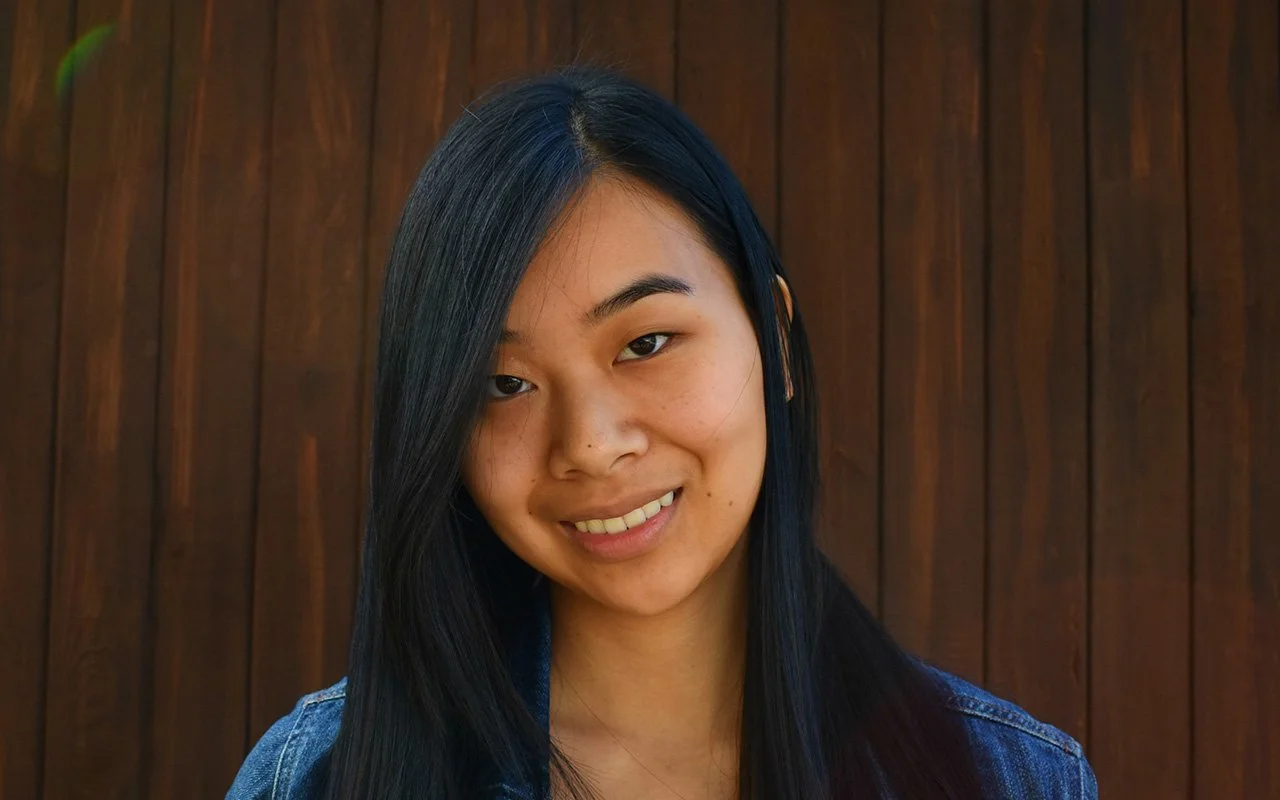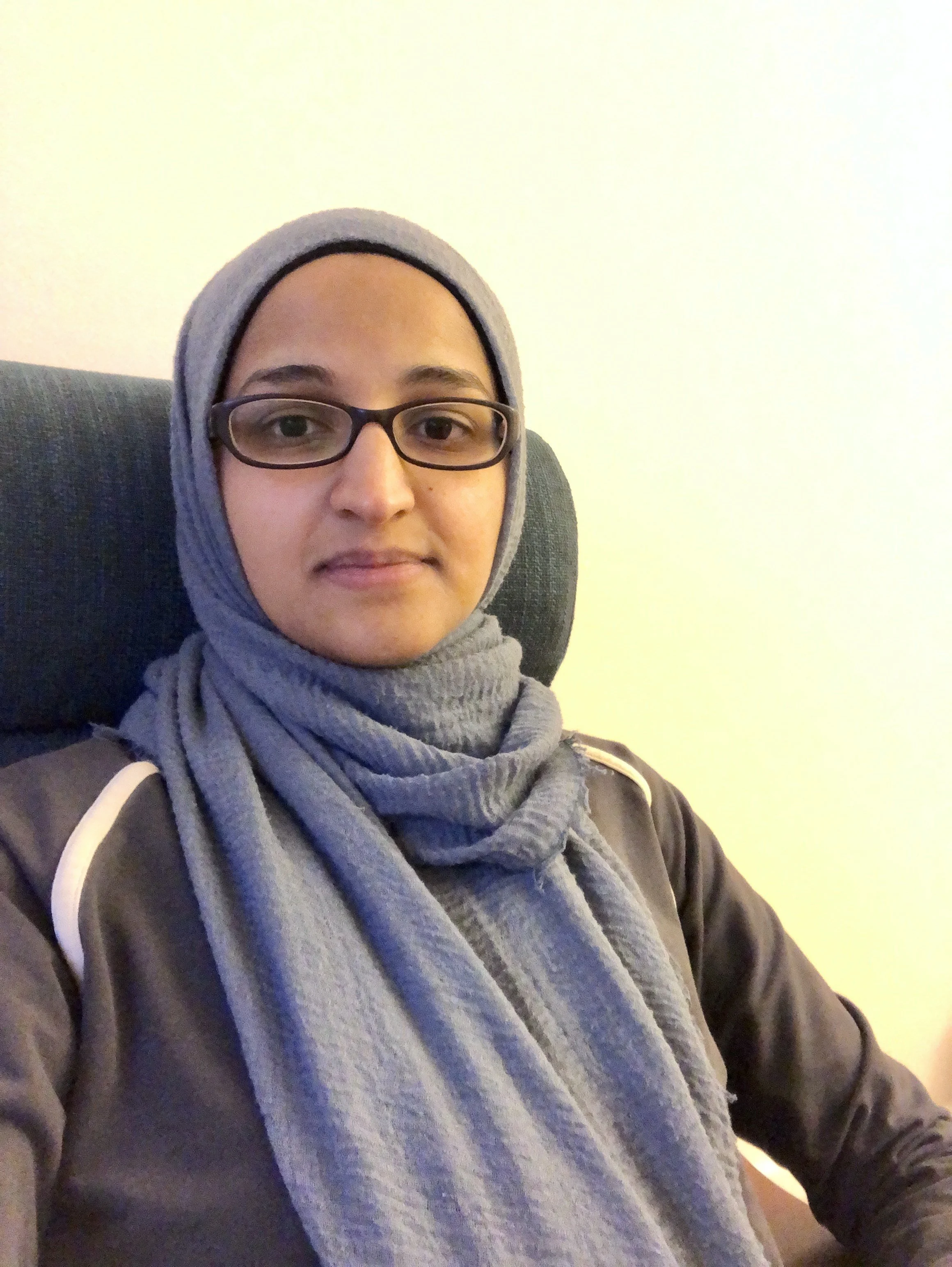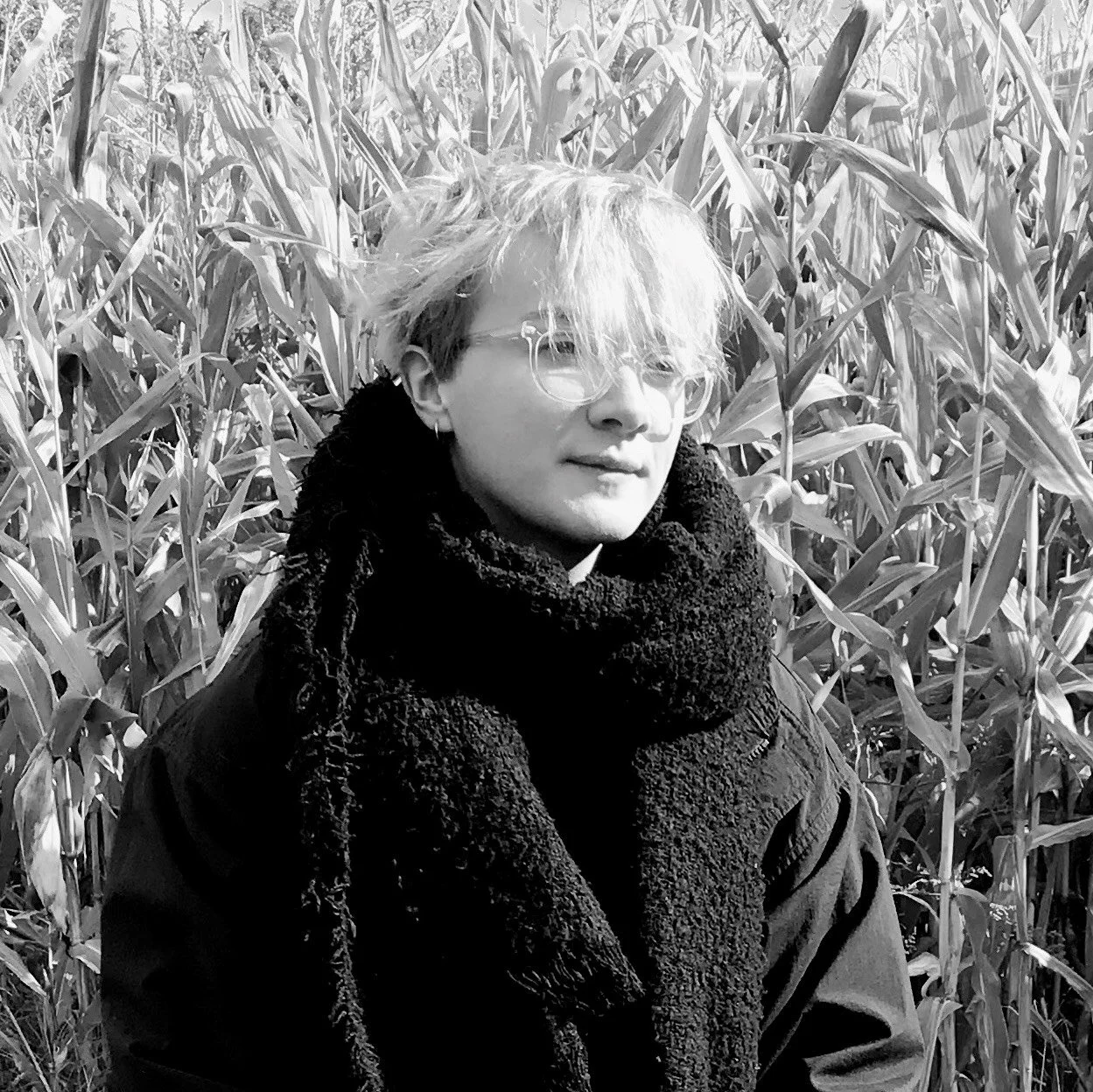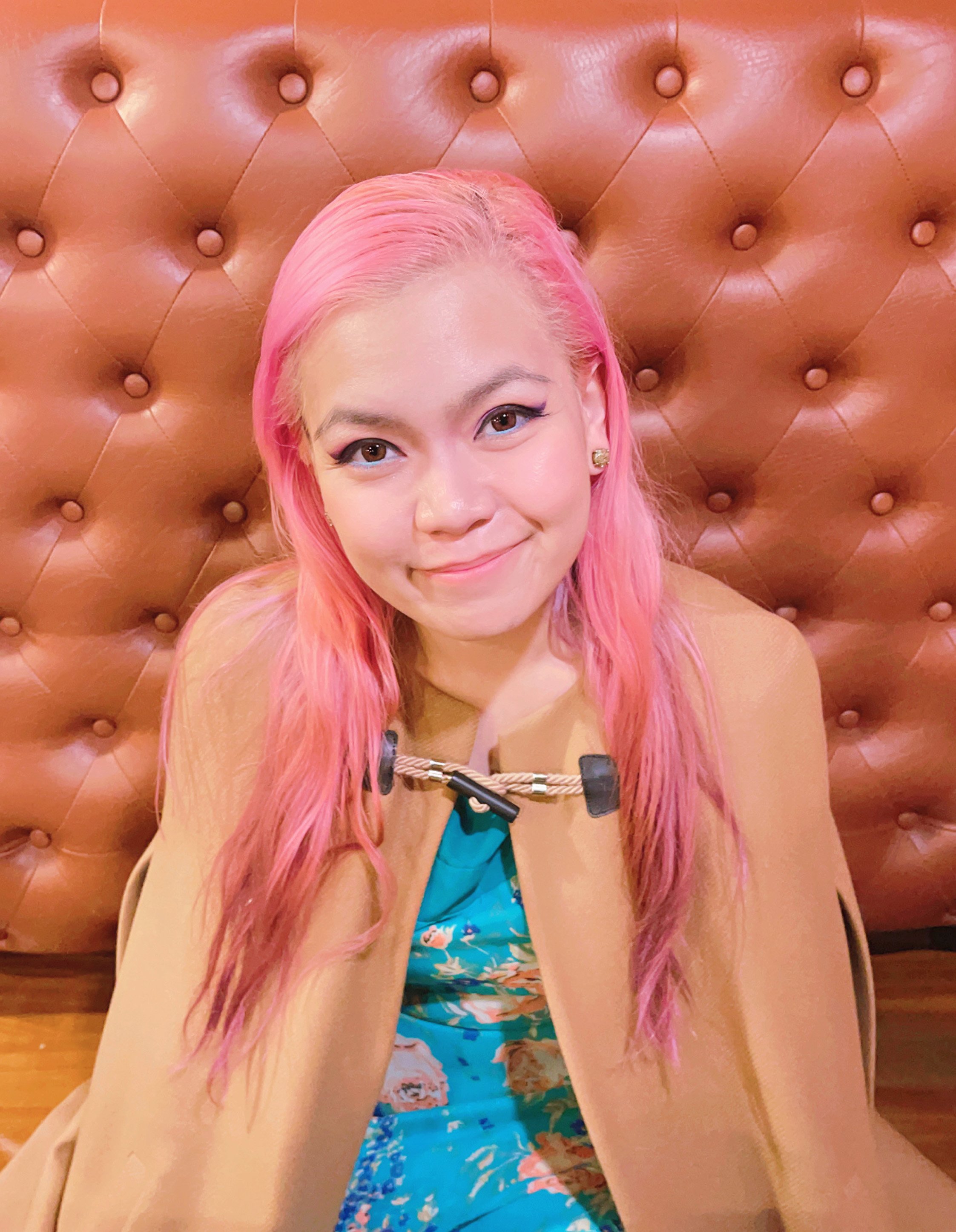Issue 10 Digital Content

Canthius 10 brings you new work by Emily Lu, Sennah Yee, Chimwemwe Undi, M.A. Blanchard, Joanna Cleary, Terrence Abrahams, Jaeyun Yoo, nanya jhingram, Hua Xi, Elizabeth Mudenyo, Dessa Bayrock, Cecil Choi, Devon Rae, Akshi Chadha, Sarah Ghazal Ali, Lina Wu, Hadiyyah Kuma, Itiola Jones, Malvika Jolly, Cassandra Myers, emilie kneifel, Samantha Martin-Bird, Hajjar Baban, Sara Elkamal, Ryanne Kap, Victoria Mbabazi, Yi Wei, ava hofmann, Natalie Lim, Alyza Taguilaso, Conyer Clayton, Hajera Khaja, and Eryn Lougheed.
This issue was edited by Sanna Wani, a poet and former Canthius contributor (Issue 07).
In this digital content section, Digital Content Editor Manahil Bandukwala chats with contributors about their work, inspirations, and what they’re excited about. Read along, and listen to contributors share their work in their own voice!
I am fascinated by the etymology of the word “conversation.” The root of the word means to dwell with. Isn’t that beautiful? My poems in the most recent issue of Canthius are conversations between me and my body. I am curious about what it means for us to live together.
his poem came from the need to say, “I want to remember this forever, don’t you?” It’s a lonely conversation; the response is uncertain or absent altogether. While writing, I couldn’t help but try to immortalize the peripheral details of this ostensibly fleeting moment.
I think every person I have met, in real life, in my dreams, or through a digital interface, alive or dead, have all been essential to my existence as a sentient form. They all live forever inside of me, and this work is dedicated to them.
Once a piece of writing finds its way into the world, it is an opportunity to communicate to a wider audience. In “Mother sleeps”, I am in conversation with you, the reader. How do you feel? What are your thoughts?
But over the past year I’ve been feeling a lot of contentment and happiness, which I’ve found much harder to express. It’s been an interesting process, learning to write about a feeling that isn’t constantly in my face, yelling for attention. Putting on paper the quiet delight of dreaming about a future with someone for the first time; the squeeze of a hand; the promise of rest.
But if I were to think about my writing as emerging from a conversation, I would say the conversations are about grief, loss, love, language, and home. All very vague and generic-sounding themes, but I feel like everything that I write comes back to how I acknowledge (or don’t) the presence/absence of these things in my life and all the fiction I’ve written so far has an element of these pieces in it.
One of the most beautiful aspects of art is that one usually doesn’t know what parts of it are going to stay with them in the long-term. Often, I’ll read a poem or see a play that I may or may not find immediately meaningful, but then weeks or months later I’ll suddenly be reminded of it and understand how that work has intertwined with my life without me even knowing.
I firmly believe that caring about each other and ourselves is not only a basic human desire, but what will help us survive.
I wanted to resist having a turn wrap up the earlier question of the poem. I wanted to explore if sometimes we perhaps turn to hopeful language too quickly in our moments of despair.
Most of my work is a conversation between myself and pop culture, and the ripple effects we have on each other. Sometimes it’s straightforward, like in my A.I.: Artificial Intelligence poem in this issue, where I’m processing the film’s plot and imagery, how it made me feel, and what I think is the spirit or essence of the film.
What does it mean to know God like that and still defy God? Many of my poems emerge in conversation with scripture with a loosely-imagined reader, but this poem was instead an attempt to conjure a figure fraught with lore and question them.
I’m a big fan of the “fake it till you make it” approach. If you feel like an imposter, then okay, be an imposter. Commit to the bit. If that’s the worst-case scenario—that you’ve somehow made it to a level you feel you don’t deserve—then you’ve come this far, why not go farther?
It’s important to me to create work with a playful attitude. Even though some of my works end up kind of sad or twisted, the process is always guided by pleasure. Kids are so great at playing and coming up with unexpected twists in their stories; they know how to follow their intuition. That’s a big inspiration to me.
My friend Blake and I were talking about Moon Song by Phoebe Bridgers and how there are always poems about the moon and no one really writes about the sun. I said I really like writing about the sun. So from that convo I wanted to write a more specific sun poem and I have this series of Island poems I write when I am thinking of my isolation in regards to an interpersonal situation and from that desire to focus on the sun’s positivity and on feeling solid with myself I wrote the poem.
I think it is in conversation with every prose poem I’ve ever read. The form is beautiful. It’s also a conversation with my surroundings: I wrote it thinking of the many wildflowers and plants I have seen and made note of over the years.
What do we project when we walk into a forest? What is it about the forest and the rest of the more-than-human world that can make us feel seen or witnessed even when nothing human feels close to where we’re at? What are the secrets that we feel are revealed to our surroundings even when we are actively trying to remain hidden?
Touch manifests itself in different ways, right? Letters, pictures, keepsakes, phone calls, trinkets shared between friends. Unfortunately borders exists, and borders have shifted the very direction of history, but I am of the belief even borders can’t stop the reach of longing, of tenderness.
I’ve been thinking about the gentle positioning of first person I speaking to a you, compared with the distance that seems more inherent in describing two people from a third person POV. In my poem, I wanted to explore that tiny place before the you and I, with the jumbled-up pull towards things in the distance, heard and unheard.
Faith not just in gods but in all these piled-up superstitions, ones we draw from our history and ourselves. How a random belief is passed down and suddenly we find ourselves following these, sometimes without context, which is funny, if you think of it.
But poetry is often my avenue into self-compassion, a doorway into true conversation with young me, rather than a lecture, ha!
Sneak Peek of Issue 10
Joanna Cleary reads a portion of her poem “August.”
Alyza Taguilaso reads a portion of her poem “Divinity.”
Lina Wu reads a portion of her poem “Man III.”
M.A. Blanchard reads a portion of her short story titled “Amanita muscaria.”
Watch more previews from Issue 10 contributors on our Instagram page!





















Canthius feels like a soft place to land – not soft in the way that overstuffed pillows are soft, and not soft in the way that fresh towels are soft, but soft in the way that a hard hug is two soft bodies meeting in space.